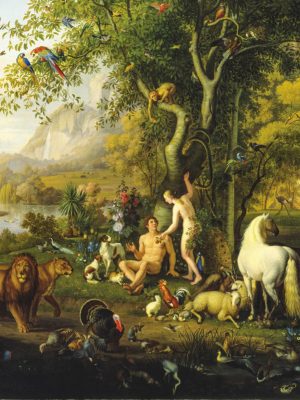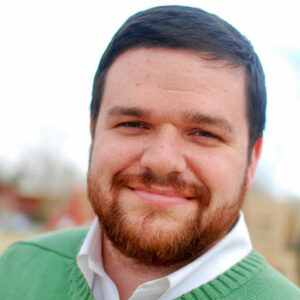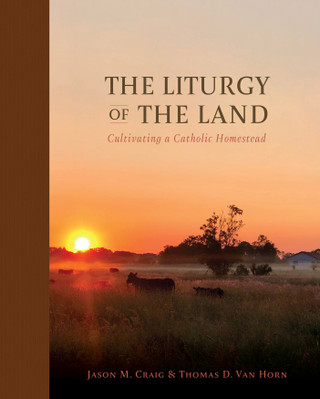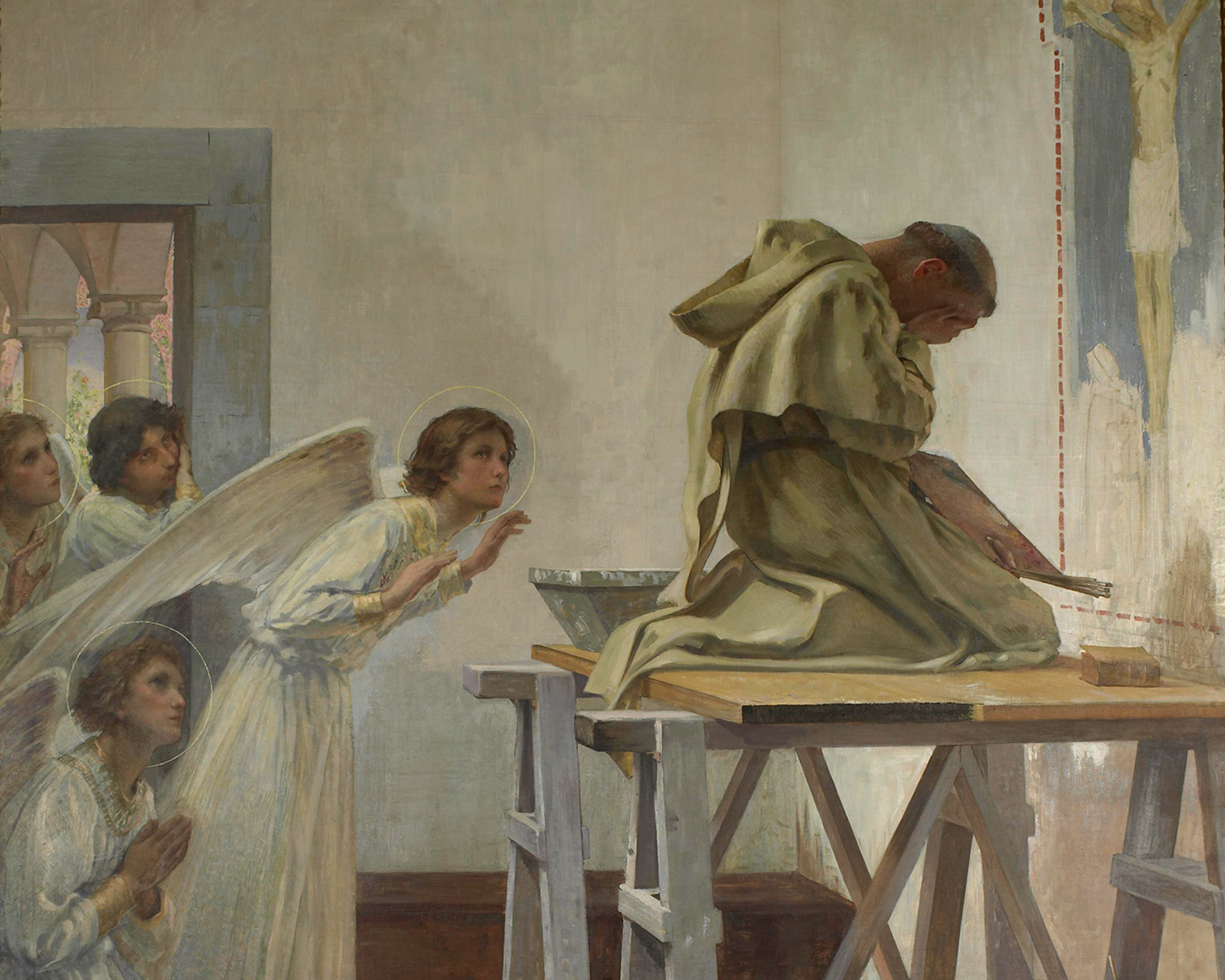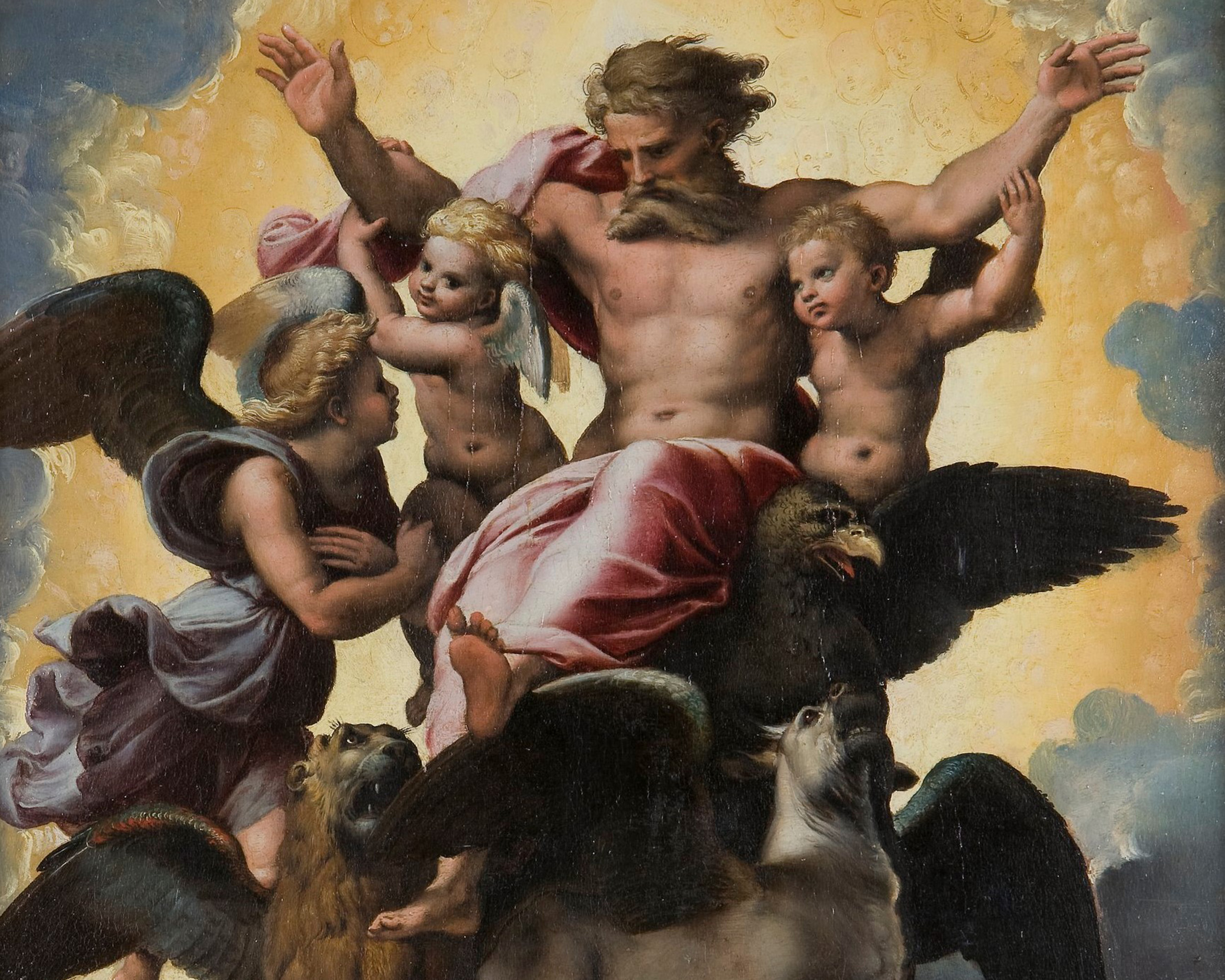The Liturgy of the Land is the ultimate guide to Catholic homesteading, presenting the theology of man’s dominion over creation. This excerpt compiles four pillars of a Christ-centered homestead: stewardship, economy, art, and rest.
Creation
What the world often means by “nature” are those organic and unmolested places and creatures—plants, animals, soil, lakes, rivers, and oceans. Nature has many parts but is essentially one big material thing that is distinguished and recognized as something other than man.
When the Catholic Church uses the term “nature,” however, there is an older and more reverent view. Catholics would describe the things of nature—birds, reptiles, shrubs—as creation. Man, though part of creation, occupies a different place as being made up of body and soul; he is physical and spiritual at the same time in the same being. And all of creation, in its parts and particulars, has a nature that orients toward the Godgiven end for which it was created.
The simplest theology of creation comes from Genesis, which we can summarize in three simple points. Developing a coherent and Catholic vision of your homestead requires these truths to remain in view:
1. Creation comes from God.
2. Creation was created good.
3. Man is a part of creation but has a unique place as having dominion over it.
The Natural Economy
The Catholic homestead is a place not of endless churn and striving but of contended and peaceful work integrated with nature and family. Not only is a natural economy truly sustainable, but it is the happiness of man because it is man working and living in accord with the created nature of the world, and nature includes the economies of man, which means the households of man.
Ultimately, therefore, a natural economy is one submitted to the spiritual and natural laws of God. To focus on the homestead in this way is not to dismiss the fact that many of us will still engage with the economy of money and artificial wealth but to note that the beginning of any movement toward the land is not in switching to farming as an occupation—most people simply don’t have the resources or experience for such a switch—but in submitting the world’s artificial economy to God’s natural economy instead of the other way around.
Given the sheer dominance of the globalizing economy, this will happen only with effort and intention. Simply put, homesteading submits what is artificial to what is natural as a tool instead of submitting what is natural to what is artificial to get rich. Or, as one old saying goes, we want to eat what we can sell instead of sell what we can eat.
Essential Art
There are plentiful and worthwhile calls for Catholics to renew a culture in decline. We, of course, do that in legitimately cultural ways: through our art, music, and so on. Our art should and does reach upward toward the heavens, lifting up eyes and hearts.
But we Catholics have also treasured what can be called the basic arts, which are also beautiful and humanizing if we have eyes to see and can enjoy them for what they are. These arts, those that connect more directly to the simple life of a family and a home, make up the work and culture of a homestead. There’s something very reasonable in returning to the soil to build upward toward a true culture. The high cultures the Catholics have enjoyed, it can be argued, cannot be resuscitated without some connection to these elemental arts—from the ground up if you will.
Rest
While God calls us to work, we also know that our humanity requires rest. Something essential happens in rest. We’re even oriented toward salvation, which is often likened to entering God’s rest, which we do each Sunday and solemnity. Rest is more than relaxation or a respite from work. It is what re-creates us (the meaning of the word “recreation”). And while the homestead is clearly a place of intense work, a spirit of worldly overworking without rest is a grave danger to our souls that we might easily impose on the land too—maybe even our family.
Perhaps ironically to some, it is a world of increased efficiency in mass production that often turns the world into a place of total work, as the Thomistic philosopher Josef Pieper puts it. On a Catholic homestead, one seeks to unite work and celebration, which Pieper says comes from our appreciative and approving love for reality itself.
The world teaches us to see work as more or less a form of drudgery, a necessary evil that we slog through so we can enjoy the pleasures available only by purchase and indulgence once work has ceased. This is why the secular world lives for Friday, the time when work stops and partying begins. It lives in a cycle of expenditure through labor and indulgence through pleasure. Work is a transaction where we pay to play and play as our pay. But the Catholic lives not for Friday but from Sunday. Rest in God, true leisure, purifies and directs our work.
ooo
This article is taken from a chapter in The Liturgy of the Land by Jason M. Craig and Thomas D. Van Horn which is available from TAN Books.


